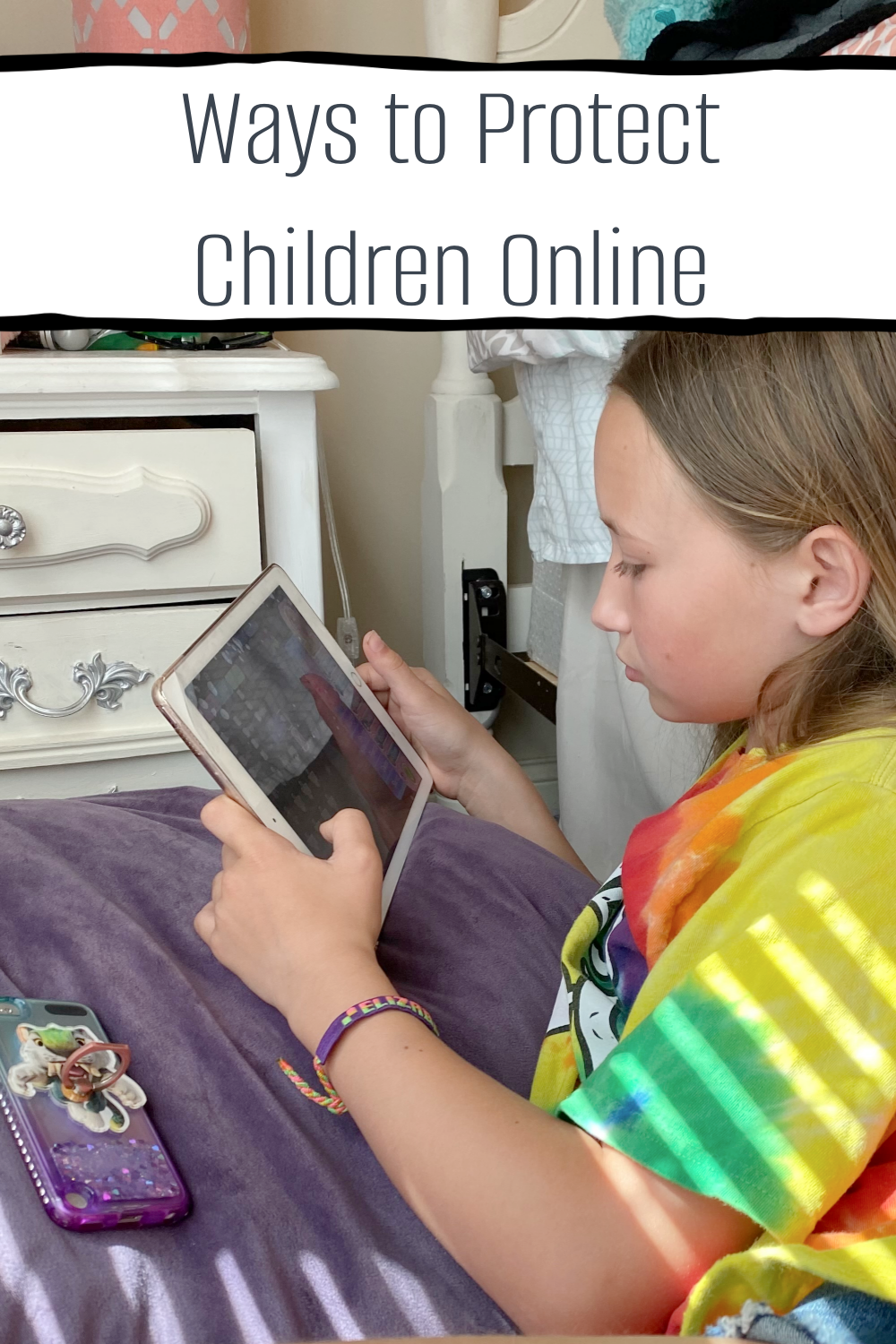Given the complexity of these demands, ongoing professional development is crucial to ensuring educators are equipped with the tools, strategies, and support necessary to thrive in the classroom. In particular, professional development for teachers can play a significant role in tackling some of the most common classroom challenges, from behaviour management to fostering emotional intelligence.
This article explores how different types of training for childcare educators and other professional development opportunities can help teachers navigate these challenges and improve student outcomes.
1. Effective Behaviour Management: A Key Classroom Challenge
Whether it's dealing with disruptive students, addressing classroom conflicts, or supporting students with special needs, behavior management is a critical skill for teachers at every level. In fact, many teachers find themselves overwhelmed by classroom dynamics, especially early in their careers.
Behaviour management training helps to equip educators with effective strategies for maintaining order while creating a positive learning environment.
This type of training helps teachers to understand the psychology behind student behavior, as well as how to set clear expectations, enforce rules consistently, and use positive reinforcement techniques.
For educators working with younger children, there are a range of early childhood education training courses which provide educators with the tools needed to support children in developing appropriate behavior patterns, emotional regulation, and social skills.
Such courses typically cover topics such as the developmental stages of children, effective classroom routines, and how to create a supportive and structured environment. They can prove invaluable for managing the challenges that arise in early learning settings, especially when dealing with behaviors related to emotional or social development.
2. Building Social and Emotional Skills in Students
It’s important for educators to recognize that their role extends beyond imparting knowledge and academic success; they are also responsible for teaching children how to manage their emotions, interact with peers, and handle stressful situations.
This is particularly important in early education, where the foundation for emotional intelligence is laid.
Social-emotional learning (SEL) training provides educators with the knowledge and strategies needed to support children in developing self-awareness, empathy, relationship skills, and responsible decision-making.
SEL is a growing field in education, with many early childhood training courses now incorporating SEL principles. For example, teachers may learn how to incorporate mindfulness exercises into their lessons, use group activities to encourage positive peer interactions, or integrate conflict resolution techniques to help children resolve disputes in a healthy way.
Furthermore, conflict resolution training is another key component of professional development for teachers, enabling them to better address conflicts that arise not only between students, but also between students and teachers.
Teachers who are trained in conflict resolution can de-escalate tense situations and model positive communication skills more effectively. They can also better help students learn to resolve their differences constructively.
3. Addressing the Diverse Needs of Students
Professional development for educators often includes training on how to create inclusive classrooms that meet the needs of all students. Training programs should help educators develop the skills necessary to identify students’ individual needs, design inclusive lessons, and make accommodations for students with disabilities. Teacher training courses may also include topics such as multicultural education, language development, and how to address the specific challenges that arise in a diverse classroom.
Furthermore, early childhood development training also prepares educators to understand the unique developmental needs of young children, ensuring they are not only meeting educational standards but also encouraging a supportive environment where children feel safe, valued, and heard.
4. Creating Engaging and Effective Lessons
Many training programs focus on instructional strategies, including how to use technology effectively, differentiate instruction, and integrate hands-on activities to keep students engaged.
Teachers can also learn about new pedagogical theories, as well as how to implement project-based learning, inquiry-based learning, and other interactive teaching approaches that promote deeper learning.
For early childhood educators, courses can also cover play-based learning and how to incorporate experiential learning opportunities into the classroom. The ability to design and implement developmentally appropriate lessons is crucial, especially in the early years, when children are developing foundational cognitive, social, and motor skills.
5. Preventing and Addressing Teacher Burnout
This is where guidance on stress management, self-care and building resilience becomes essential. Teachers who participate in this type of training can learn how to manage their workload, set boundaries, and take care of their own mental health.
6. The Role of Continuous Professional Development
Professional development is therefore an ongoing process for teachers, in order to stay current with best practices and new developments in the field.
Conclusion
From managing behavior to fostering social-emotional learning, to supporting diverse student needs, training can equip educators with the tools to create positive, engaging, and inclusive learning environments.








No comments
Thank you for dropping by! I would love to hear what you thought. :)
Thanks!
♥,
Diana